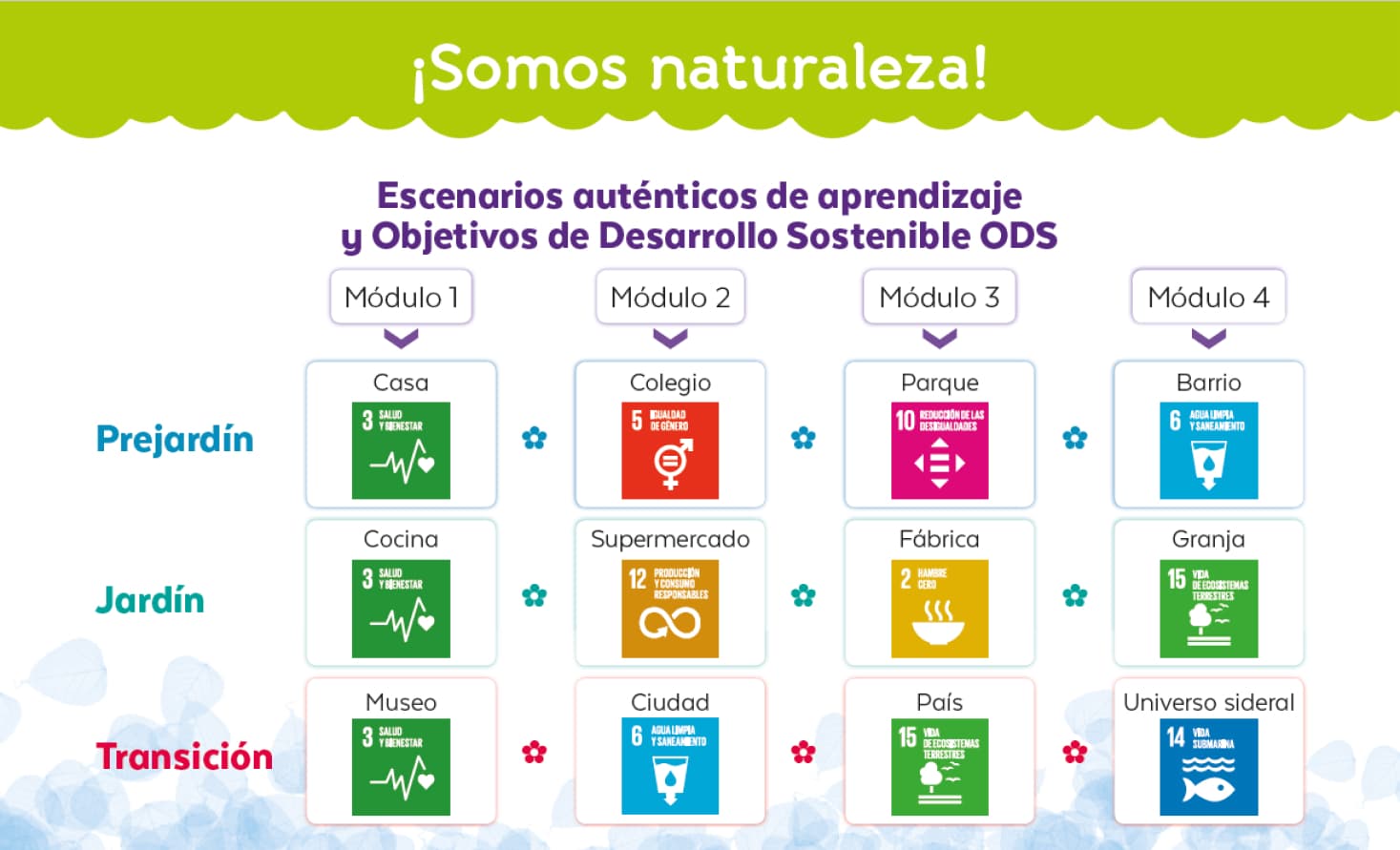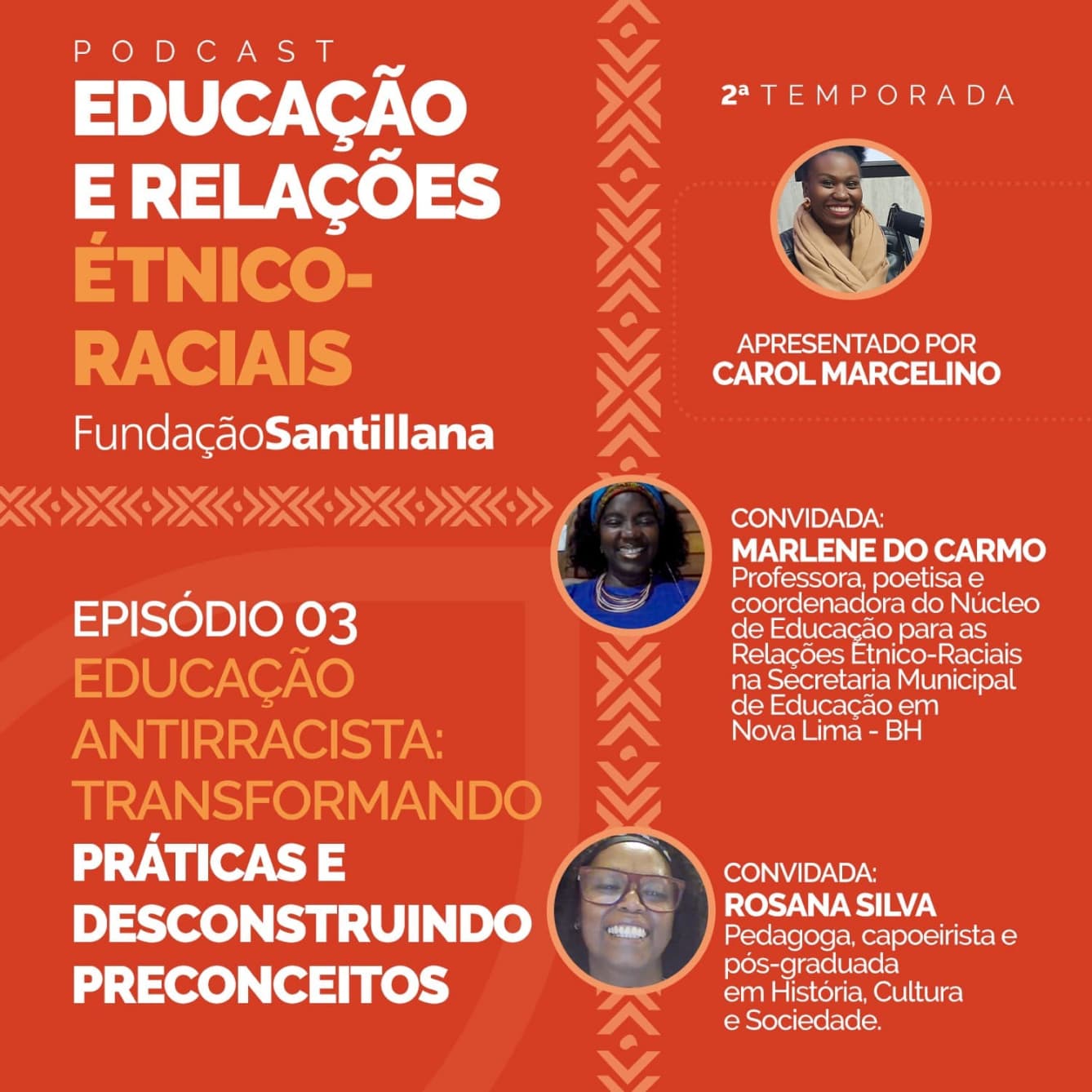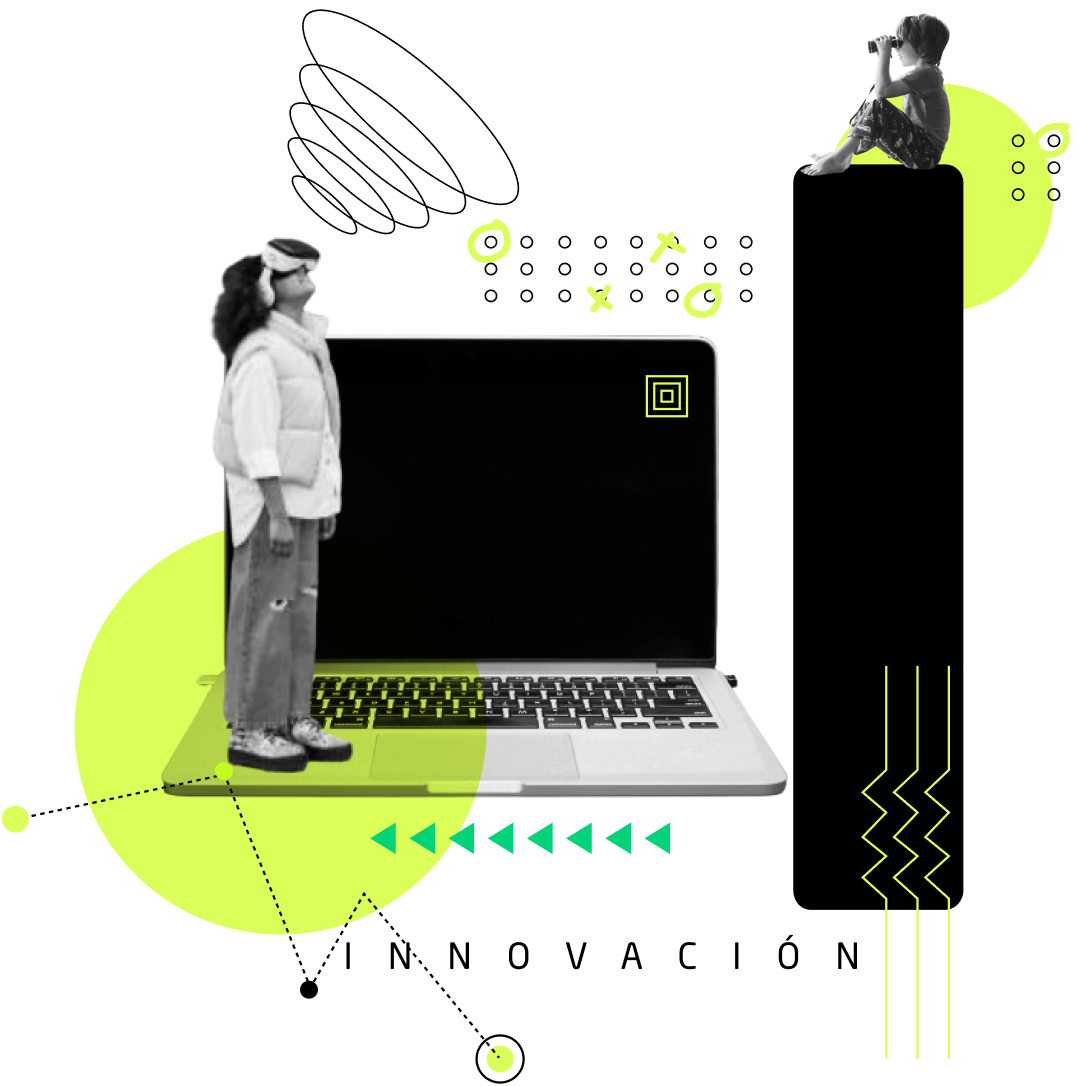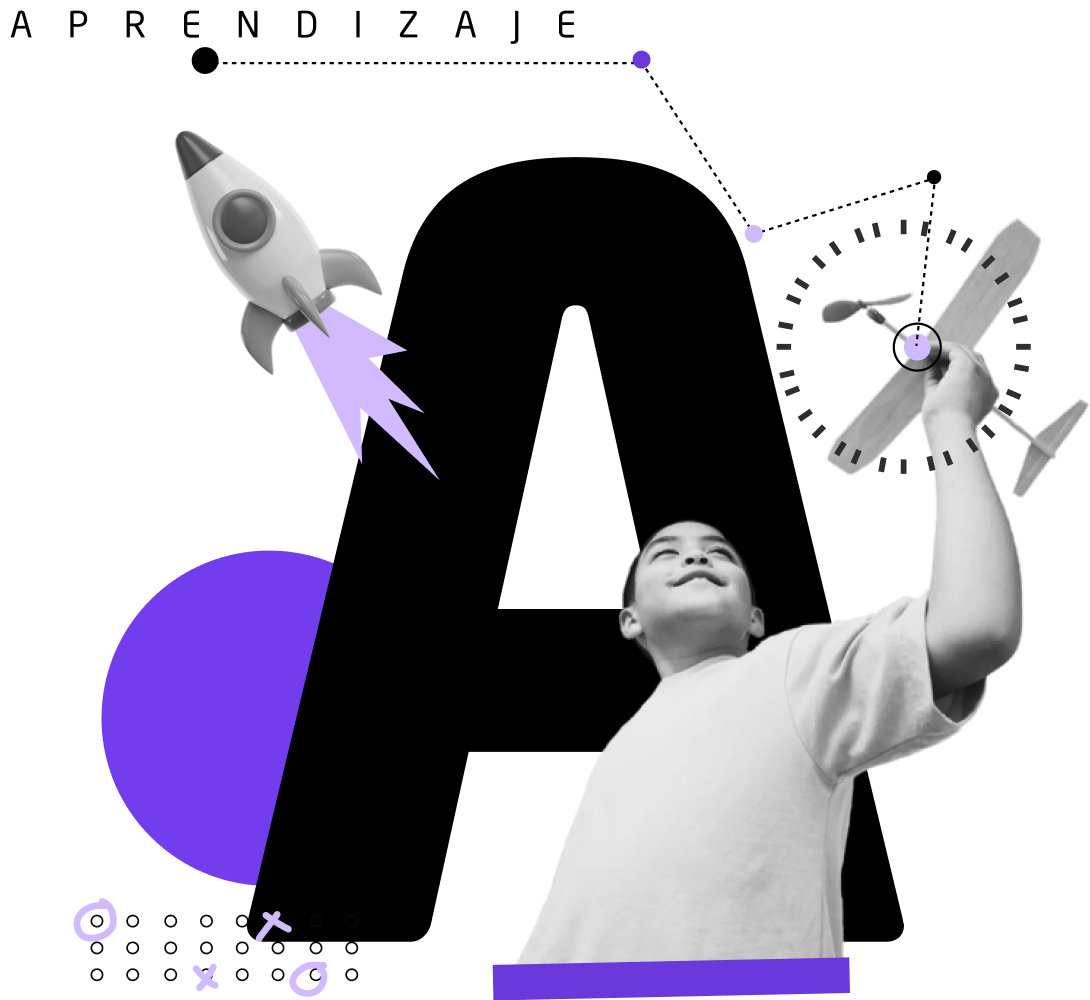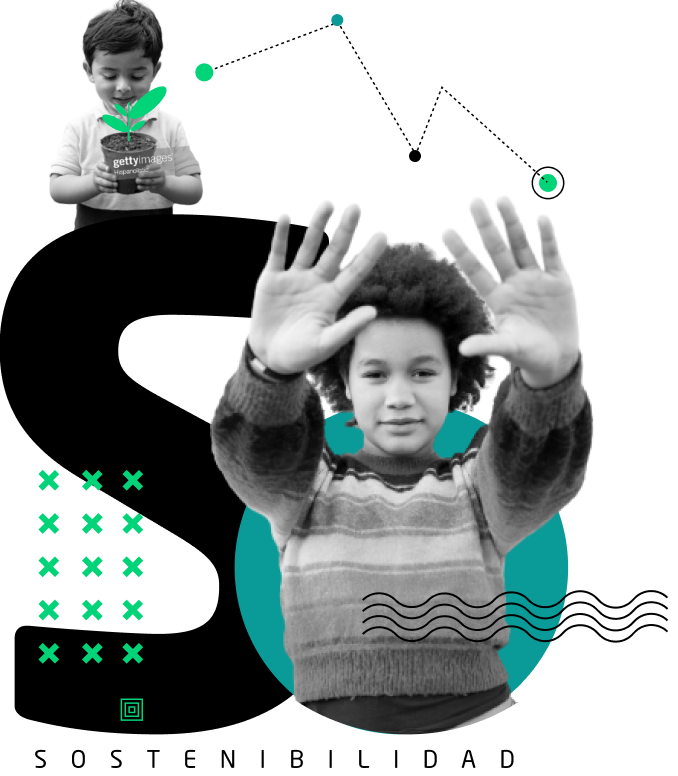
#Sustainable
Habitat
If there is one challenge that affects us all equally, it is that of achieving sustainable development. The UN Agenda 2030 sets out the road map to achieve this, although we still have a long way to go on most of the Sustainable Development Goals.
Education is a fundamental lever in achieving a true transformation in society. It allows students to acquire the knowledge and skills they need to make informed decisions and take responsible measures in favour of people and the environment.
For this, educational institutions must transform themselves, becoming an example of sustainable management, and offering teachers appropriate training so that they can be the drivers of change in the classroom.
Did you know...
…gender equality is still 300 years away, according to the latest estimates by UN Women?
Sustainability nourishes classrooms
Sustainability is present in all areas of society, including in classrooms, where the adults of the future study today.
At Santillana, we have a strong commitment to training students and to raising their awareness of the challenges that lie ahead as a society. For this reason, 100% of our new educational projects already fully incorporate themes related to sustainability.
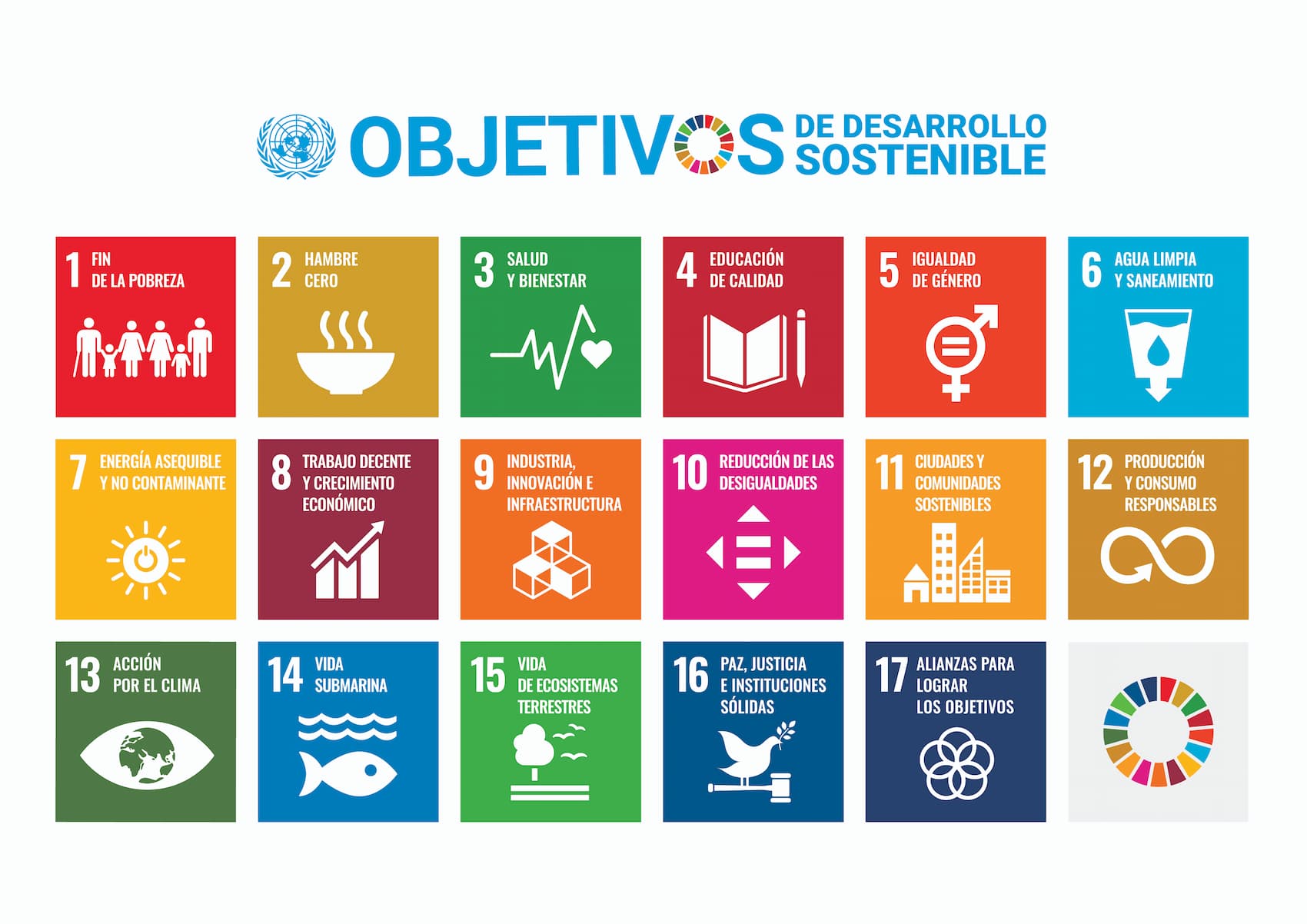
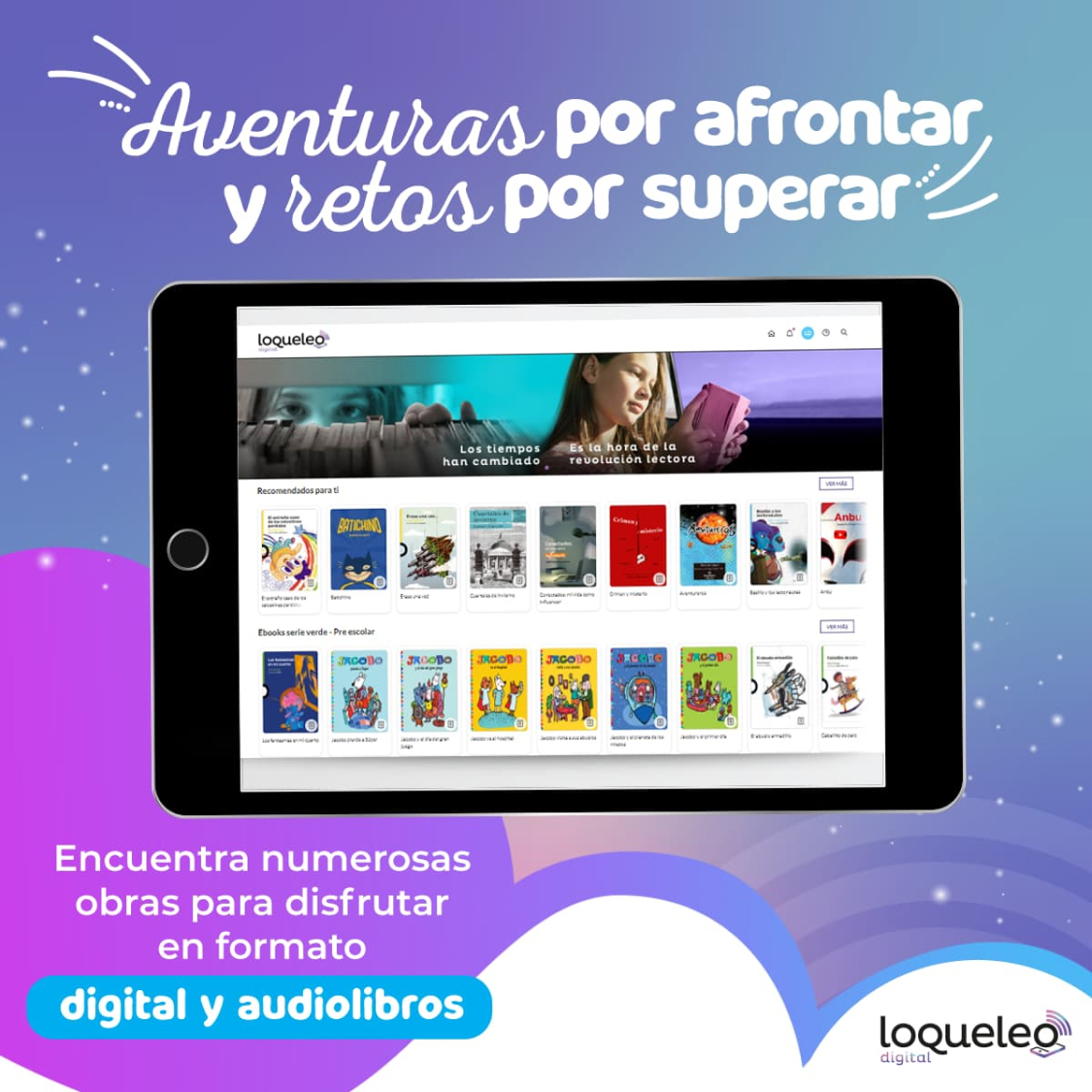
We also raise awareness through stories. Our children’s literature imprints already have more than 2000 books that address the United Nations Sustainable Development Goals (SDGs).
Written by 834 authors from 19 different countries
In addition, our Loqueleo Digital platform includes practical activities to work on these themes through reading.
On the other hand, we also train teachers so that they can contribute, through their teaching, to this awareness: in 2022, new training courses were added to our Rutas Formativas platform with content on ESG matters and in 2023, we will expand this offer.
In addition, we are working on the Sustainable Schools (Escuelas Sostenibles) project to identify and make visible the most sustainable schools in Mexico, Brazil and Colombia, with the aim of recognising their contribution to inspiring other educational centres.
Featured project
Discover some of our projects for learning about Agenda 2030
A Diverse and Balanced Environment
Reducing inequality and making sure no-one gets left behind is an integral part of achieving the Sustainable Development Goals.
At Santillana, as a company present in 19 different countries, we value and respect the diversity of society and we try and reflect it in all of our projects. It is one of our strategic objectives in terms of sustainability: to achieve a balance in all our content so that everyone is visible.
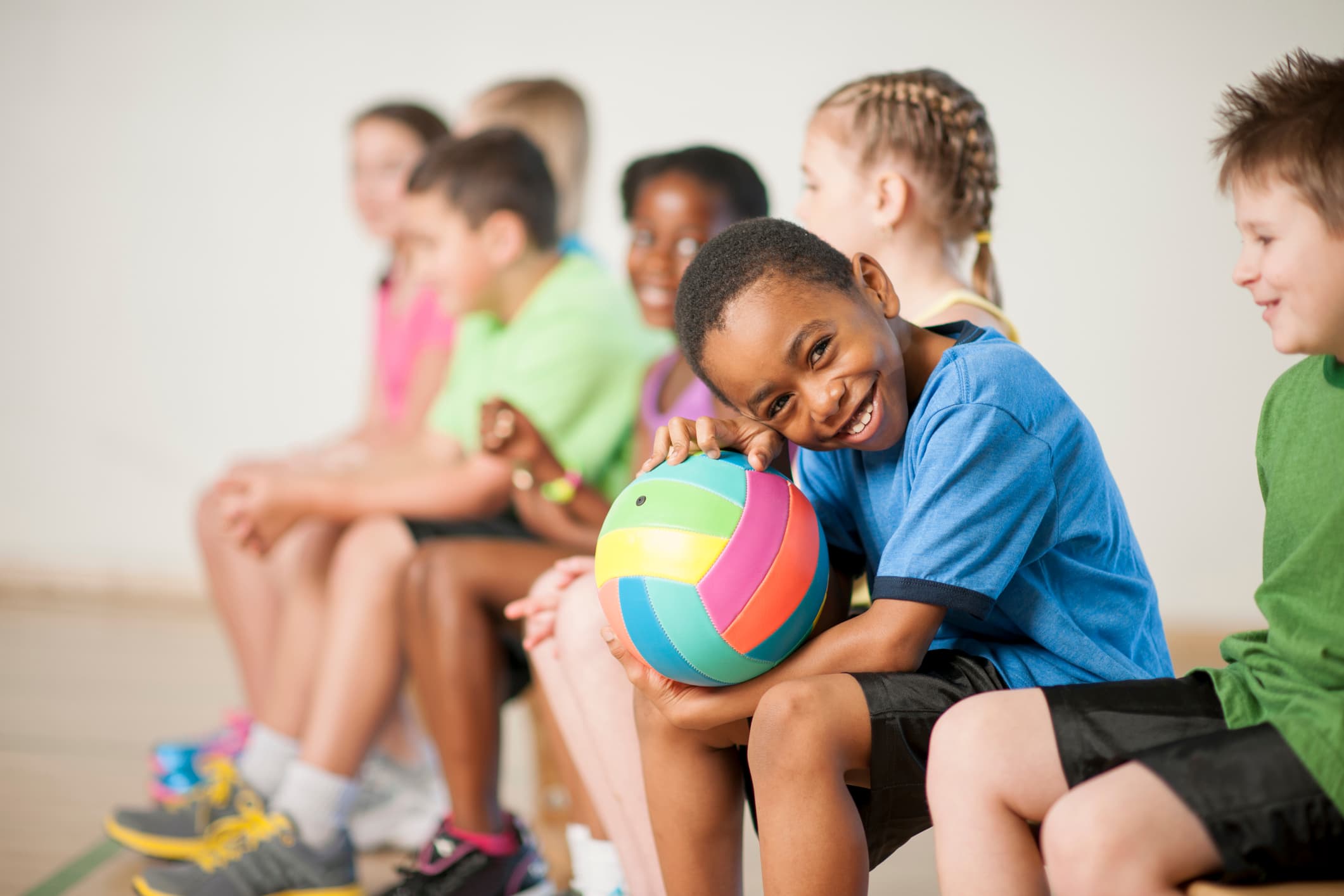
Video about the Tiflonexos project
In addition, we try to ensure a truly inclusive education in the classroom. We have alliances for this, such as the one we have maintained for years in Argentina with the Tiflonexos organisation to facilitate access to our content for people with visual impairments.
In Languages, in 2022, we launched Richmond iRead, a programme that allows literacy practice and supports students with reading-based learning disorders, such as dyslexia.
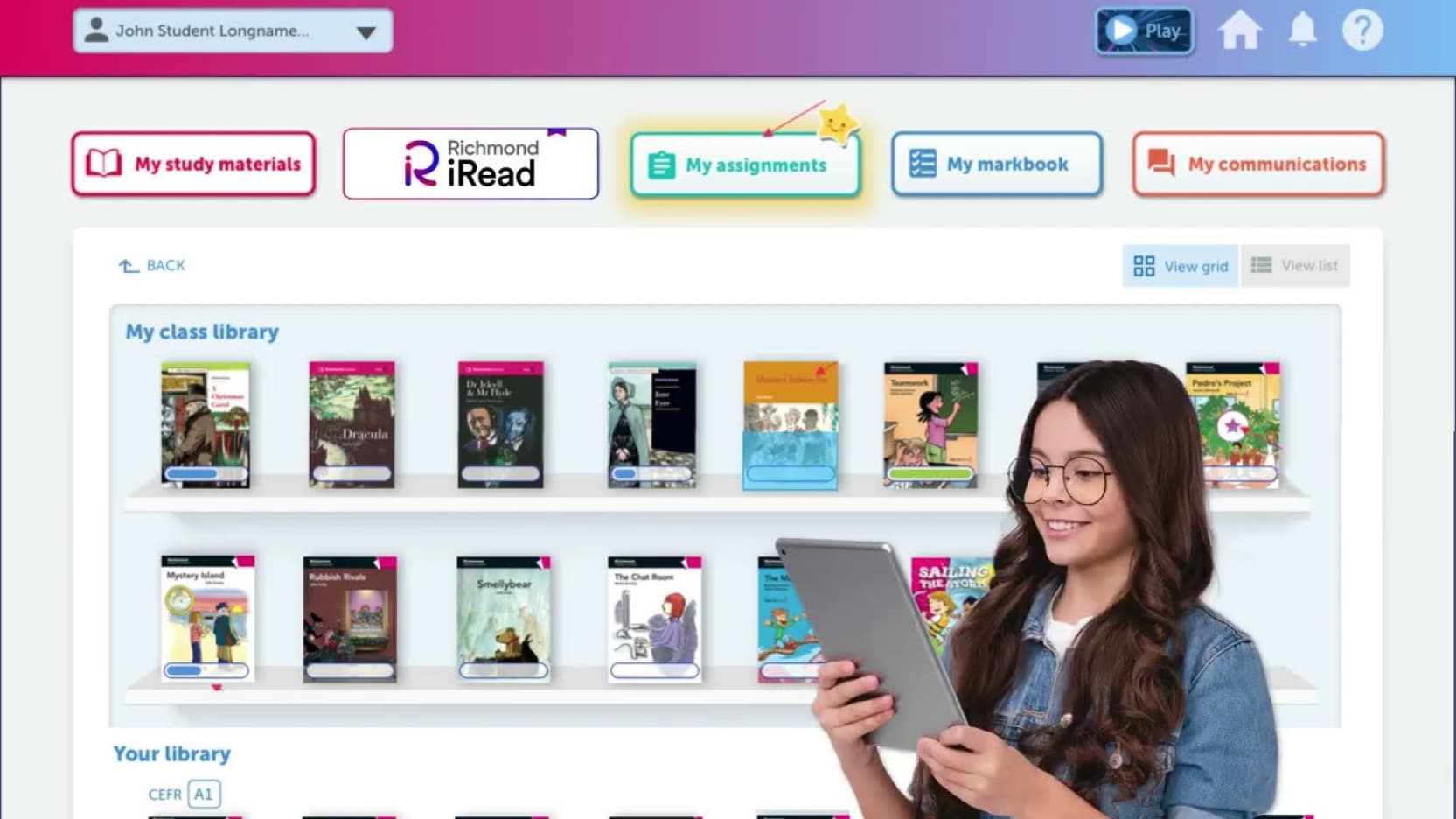
Featured Project: Podcast Brasil
We encourage debate and reflection on the need for equal education in our podcast Education and Ethnic-Racial Relations, from Fundación Santillana Brazil.
In addition, in 2023 we will launch Santillana Inclusiva, our new proposal to help schools effectively implement the principles of inclusivity in education.
We also promote gender and ethnic equality, with the creation of projects such as #VoyaSer, designed to support the continued education of indigenous girls, or by participating in initiatives such as Intraducibles, which make indigenous languages visible and valued.
Our contribution to inclusive education also comes from the Santillana Foundation, which has four priority lines of action: equal opportunities, equity, inclusion and teacher training.

